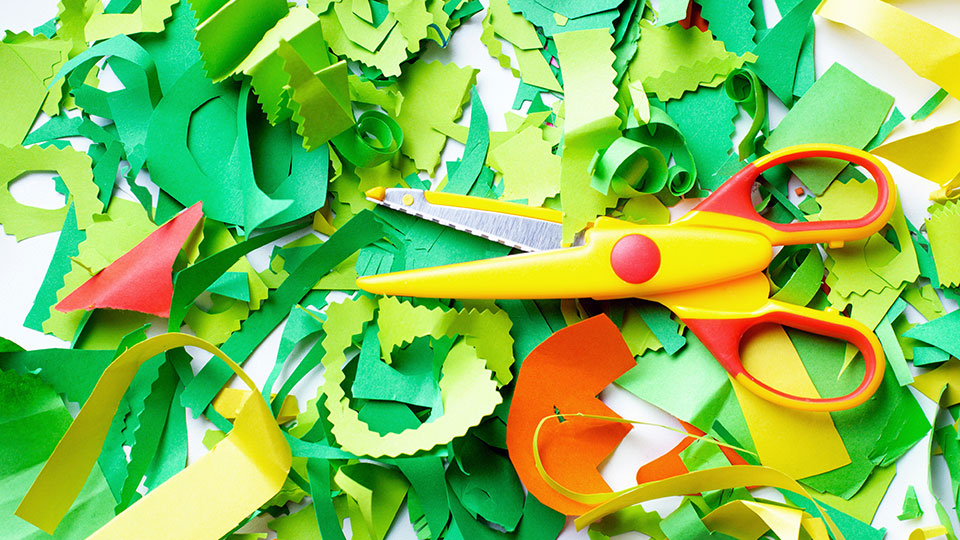The lessons we learn in school can lay the habits of a lifetime, and among the more important lessons we can teach our children is the nitty-gritty of recycling.
Recycling needn’t be an add-on to the day’s learning. It can be easily integrated into a range of subjects, with its practical and hands-on nature helping to provide relevance to topics that many students may find a bit abstract.
Existing programs a good start
There is plenty of support available. For example, Zero Waste South Australia provides teachers with resources aimed at students from early years through to middle school.
Other state government and non-government organisations offer a range of materials that not only help schools become more effective in teaching students about recycling, but in becoming better recyclers too.
Between 2011 and 2015, Waste Smart schools in Victoria put learning into practice and diverted the equivalent of 8,716 garbage trucks worth of waste from landfill. They also achieved some impressive energy and water savings.
Despite all the resources, the sad fact is while some schools enthusiastically embrace recycling and sustainability in a structured way, many do not. Often recycling is limited to paper. A wide range of other recyclable items, some of which contain pretty nasty materials, end up being tossed in the general waste stream.
Small lessons reap big rewards
Without better education on the hazards of many materials, such as the mercury in fluorescent lighting and heavy metals in batteries and electronic waste, we are depriving the next generation of the knowledge it needs to make better waste disposal decisions. The direct result of that lack of knowledge will be increased pollution in the environment our children will grow up in.
But some NGOs are tackling this. Clean Up Australia provides fact sheets on recycling a range of waste at school, including batteries and e-waste. Planet Ark’s Schools Recycle Right Challenge also includes modules on phone recycling and e-waste.
From understanding why we need to recycle, it’s a simple step for schools to provide students with a hands-on experience of how to recycle, and one of the simplest programs that schools can implement is battery recycling.
It’s also highly relevant. Even from an early age children are using battery-powered devices and leaving a trail of spent batteries in their wake. Learning to care about how small and seemingly innocuous items like batteries are disposed of provides an important lesson that can be applied to all other waste.
Source: Why recycling programs in schools are so important in driving change



